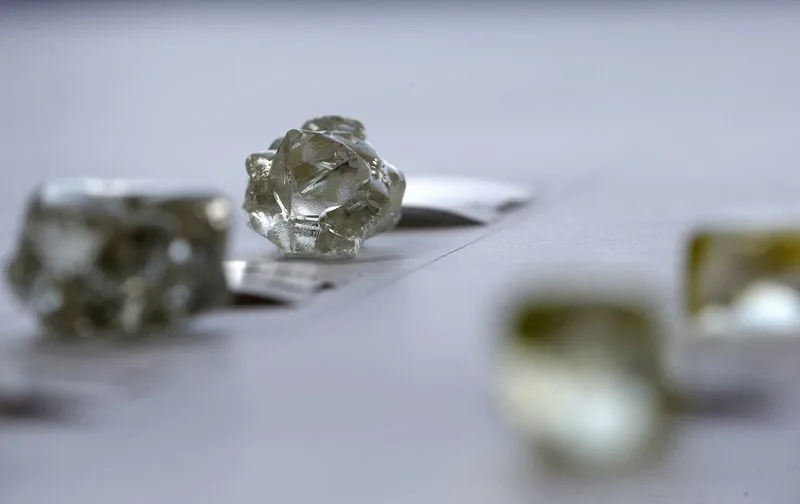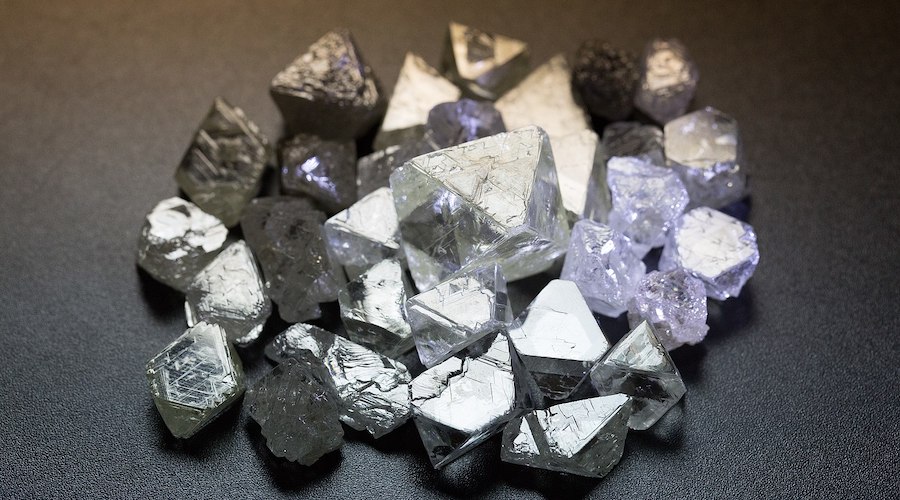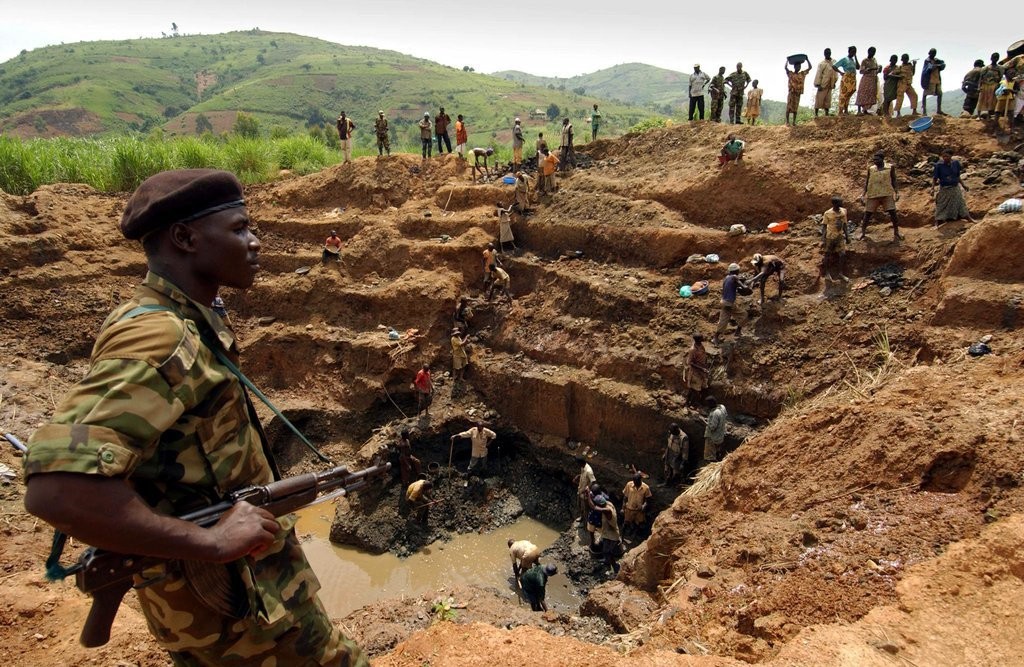
Botswana will not back down on demands for a bigger share of rough diamonds from its joint venture with De Beers, President Mokgweetsi Masisi said on Thursday, upping the stakes as talks for a new sales deal appear to be stalling.
Botswana and De Beers mine the precious stones through their equally owned, 54-year-old mining venture, Debswana Diamond Co. The current diamond sales deal, in place since 2011, has been extended three times since 2020 but is set to expire next month.
De Beers, a unit of Anglo American Plc, gets 75% of Debswana’s production, which was 24 million carats in 2022. The balance is sold to state-owned Okavango Diamond Company, a vehicle established in 2011 as Botswana began moves to independently sell some gems outside of the De Beers system.
Masisi, who has been Botswana’s president since 2018 and will seek re-election in next year’s elections, now wants Botswana to sell more of its diamonds outside the De Beers channel.
“Our agreement with De Beers is very restrictive to us. We signed it at a time when we didn’t know much, but now our eyes are open,” Masisi said at a community meeting in Mmadinare, 400 kilometres (248.55 miles) north-east of the capital, Gaborone.
Masisi hinted at a possible stalemate and litigation over the sales agreement.
“Even if we lose the litigation, our diamonds will remain ours and we will never give in. If I am going to lose votes because of this issue, then so be it,” said Masisi, speaking in Setswana.
Masisi has previously threatened to walk away from the talks if Botswana does not get a bigger share of Debswana’s output for marketing outside the De Beers system. The government has not publicly stated what share it seeks, but it is believed to be as high as 50%, double the current allocation.
De Beers was not immediately available to comment.
The diamond giant says Botswana receives more than 80% of returns from Debswana, after taxes and royalties are factored in. De Beers has previously expressed confidence that its five-decade partnership with Botswana will continue, on terms “that make economic and strategic sense for both parties.”
Source: DCLA








